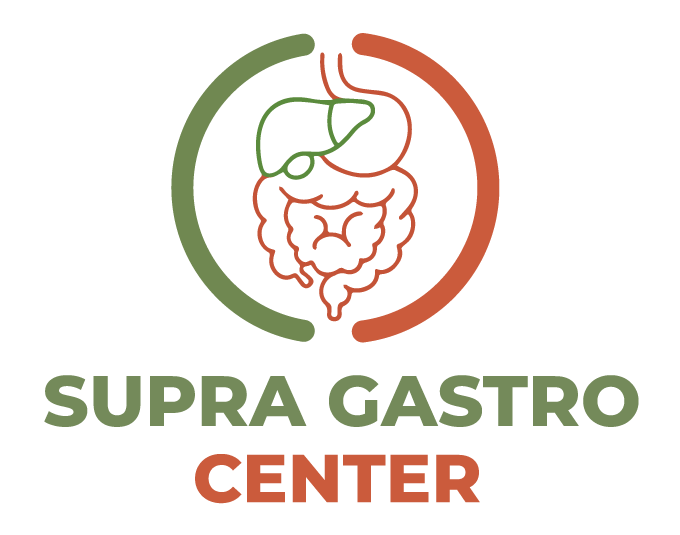Umbilical hernias can be congenital or acquired, depending on age and cause. Congenital hernias occur in infants when the abdominal wall opening near the navel doesn’t close after birth. Acquired hernias develop later in life due to obesity, pregnancy, heavy lifting, or chronic coughing. Both types may require surgery if painful or complicated.
-
Working Hours: 05.00PM - 09.00PM
-
Email : contactsupraclinic@gmail.comEmail : contactsupraclinic@gmail.com
-
Phone Number : +91 9347665652Phone Number : +91 9347665652

